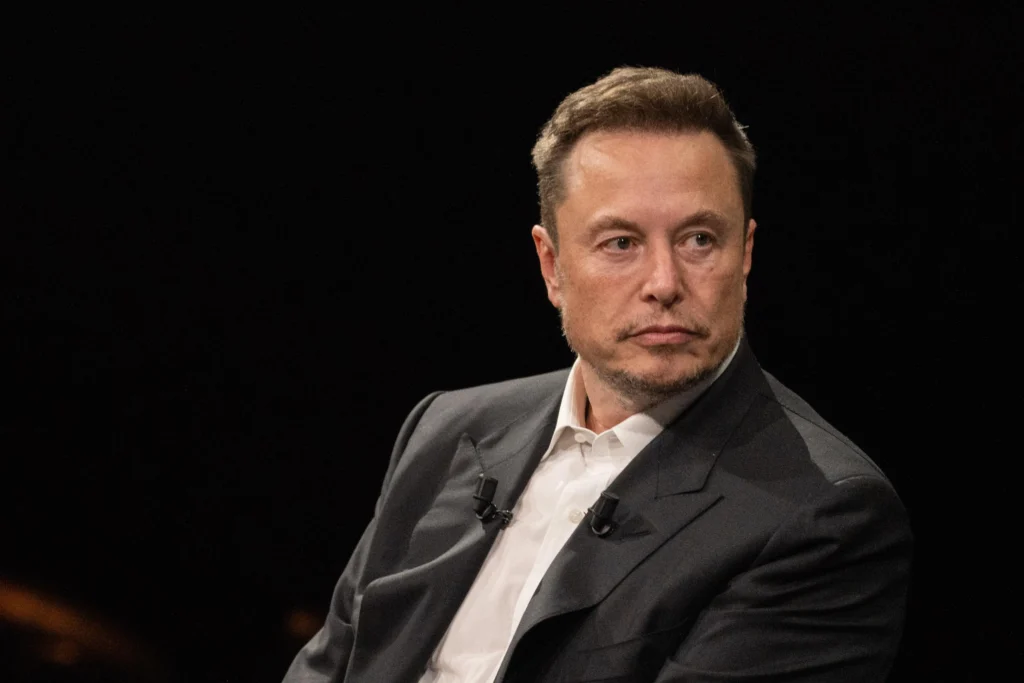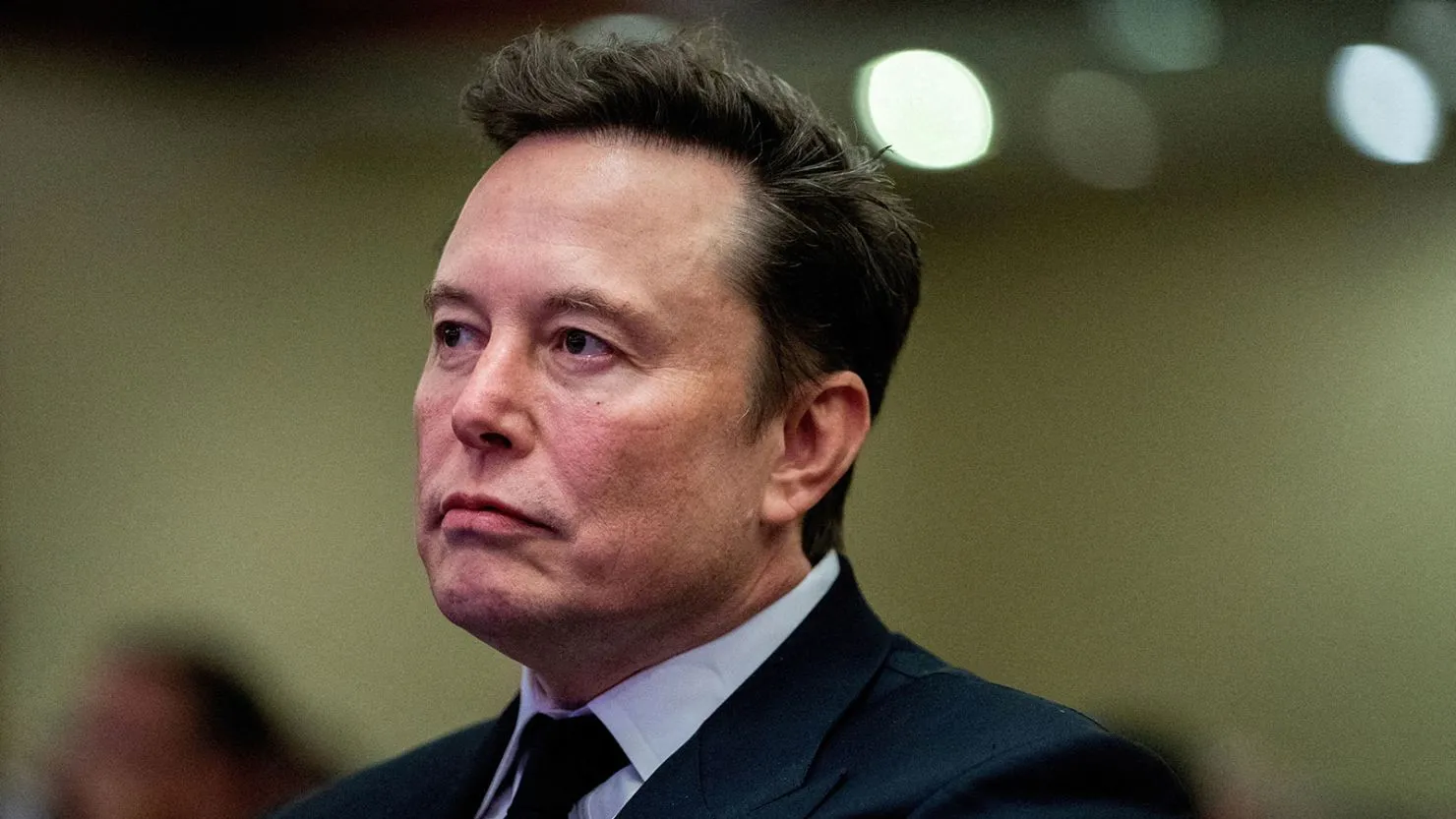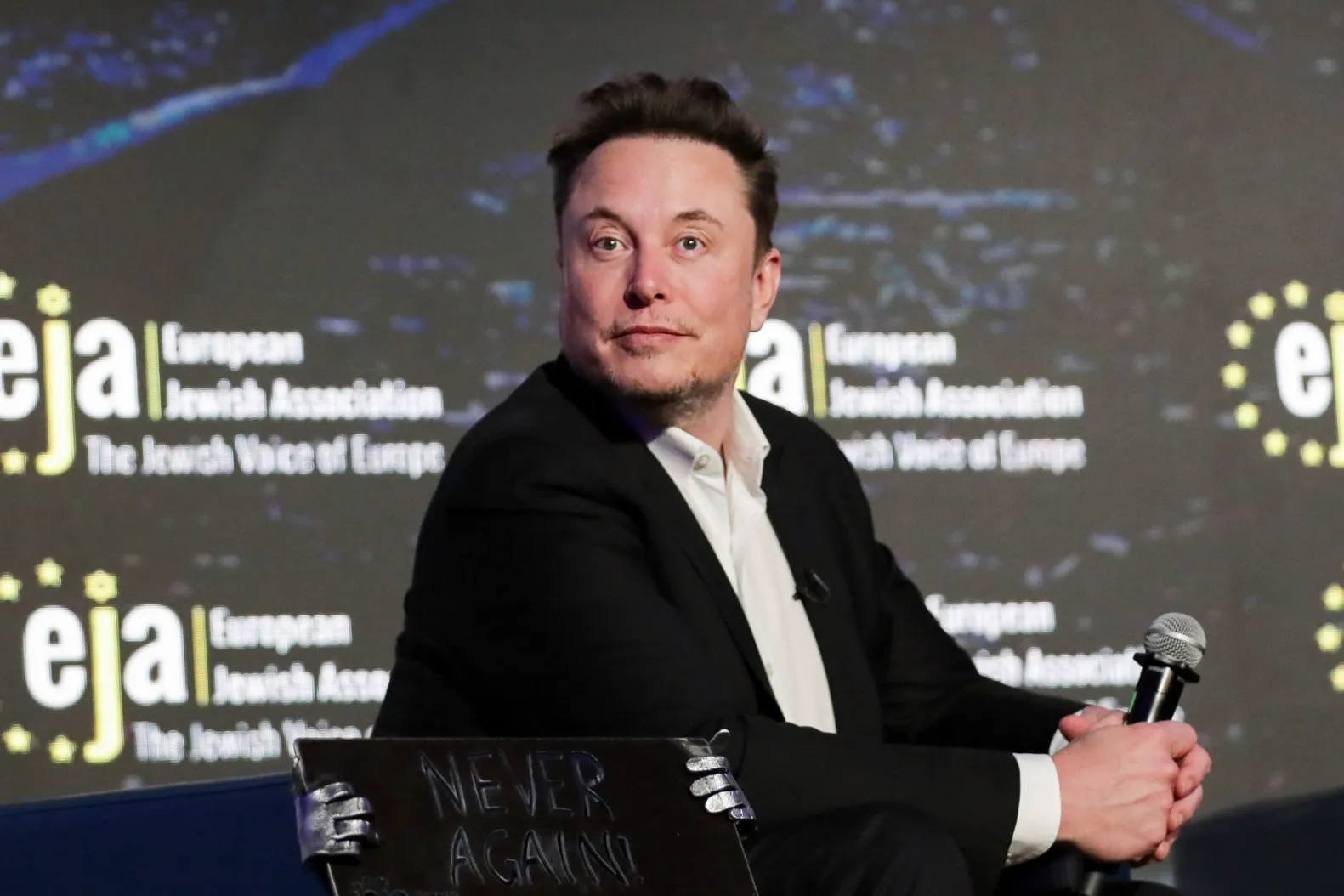
The recent ruling reaffirmed the initial judgment that declared the CEO’s pay plan, dubbed the largest in U.S. history for a public company executive, improperly granted.

The Ruling that Shook Tesla’s Foundation
In a pivotal decision, Judge Kathaleen McCormick of the Delaware business court upheld her earlier verdict, which has stirred considerable discussion within business and legal circles. Despite a shareholder vote aimed at ratifying Musk’s compensation plan during Tesla’s annual meeting in Austin, Texas, Judge McCormick stated, “Even if a stockholder vote could have a ratifying effect, it could not do so here.” This judgment not only underscores the complex governance dynamics at Tesla but also sets a precedent regarding executive compensations and shareholder rights.
The court proceedings were marked by robust attempts from Musk’s legal team to reverse the judge’s prior decision, showcasing the high stakes involved. The ruling also approved a significant $345 million attorney fee award for the legal representatives of Tesla shareholders, further highlighting the intense legal battle that ensued.
Legal Implications and Musk’s Reaction
This legal tug-of-war has broader implications for corporate America, particularly in how executive compensation packages are structured and ratified. Judge McCormick’s comments reflect a judiciary unwilling to allow corporate bylaws and shareholder votes to override foundational legal standards. She emphasized that allowing parties to alter facts post-judgment could lead to “interminable” lawsuits, pointing towards a need for finality and respect for judicial decisions in corporate governance.

The reaction from Elon Musk was swift and pointed. Following the January decision to void the compensation plan, Musk publicly criticized the Delaware court system, advising against incorporating companies in the state—a statement that culminated in Tesla’s reincorporation in Texas by June.
A Financial Perspective Amidst Legal Strife
Despite the legal battles, Musk’s financial status has seen an impressive uptick. Excluding the contested compensation, his net worth surged by over $43 billion following the election results, buoyed by a 42% increase in Tesla stock. This boost is partly attributed to the optimistic outlook on policies from the incoming administration, which are expected to favor Musk’s business ventures.
Musk’s holdings in Tesla alone, valued at approximately $150 billion based on recent closing prices, continue to cement his position among the global elite, even as his space exploration ventures through SpaceX enhance his financial and innovative stature.

Looking Ahead: Appeals and Corporate Strategy
As the dust settles on this high-profile case, Elon Musk has the option to appeal to the Delaware Supreme Court. This potential move could represent a continued strategy to challenge and potentially reshape corporate law interpretations. Meanwhile, Tesla’s strategic shift in incorporation to Texas marks a significant turn in the company’s approach to corporate governance and regulatory engagement.
This ongoing saga not only highlights the intricate relationship between corporate governance and judicial oversight but also underscores the volatile interplay between executive ambitions and legal boundaries. As Tesla continues to innovate in the electric vehicle sector, the outcomes of these legal challenges will likely influence not only its corporate actions but also the broader landscape of executive compensation in America.
